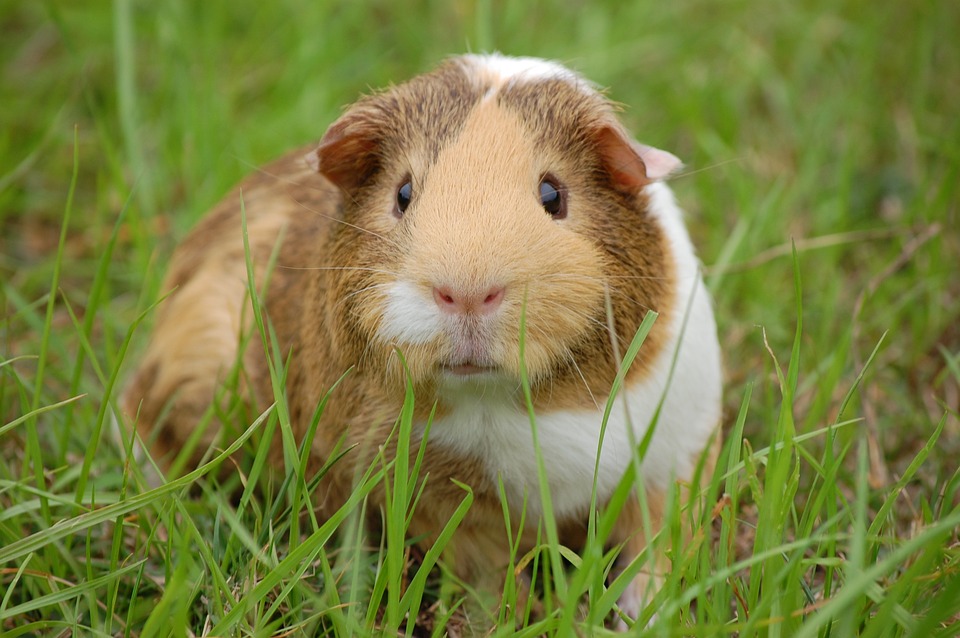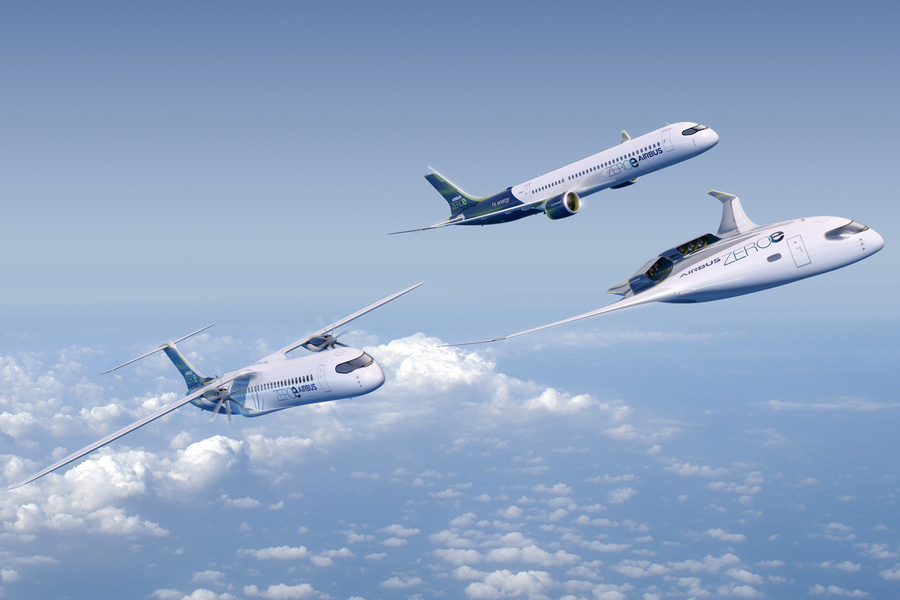Microplastic pollution is one of the most pervasive emerging environmental issues that we face today.
Microplastics are tiny plastic particles that are less than five millimeters long, which can harm our ocean and aquatic life. Plastic fragments have been detected in the bodies of fish, birds, whales, seals, farm animals, and humans.
Now Scientists have discovered a new plastic-induced disease called “plasticosis” which affects seabirds. The disease has been identified in the digestive tracts of seabirds so far. But looking at the scale of the problem, researchers think that it may be much more widespread, impacting not only the birds but even having impacts on human health.
The research team from Australia and UK investigated seabirds on Lord Howe Island in Australia for over a decade
Scientists found that Plasticosis in birds is caused by inflammation of the digestive tracts of birds. It is caused by feasting on small pieces of plastic and not by any virus or bacteria. The inflammation of the digestive tract impacts the growth, digestion, and survival of the birds. Larger amounts of plastic in the digestive tract were associated with lesser weight and shorter wings.
Dr. Alex Bond, who co-authored the study and is Principal Curator and Curator in Charge of Birds at the Natural History Museum, says, “While these birds can look healthy on the outside, they’re not doing well on the inside.”
“This study is the first time that stomach tissue has been investigated in this way and shows that plastic consumption can cause serious damage to these birds’ digestive system.”







